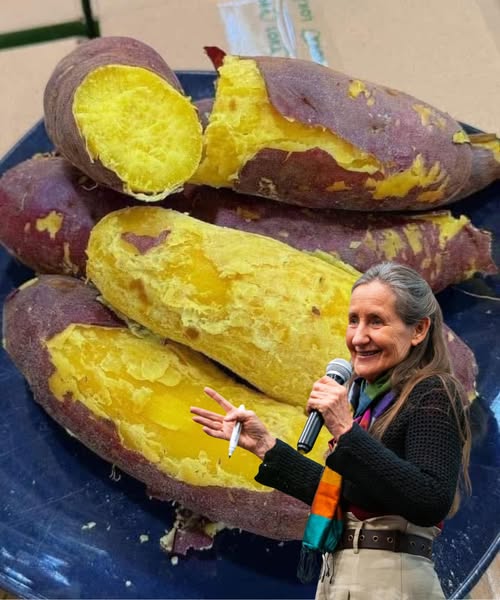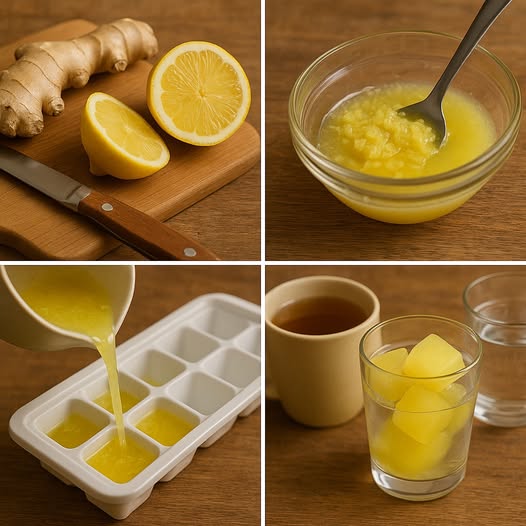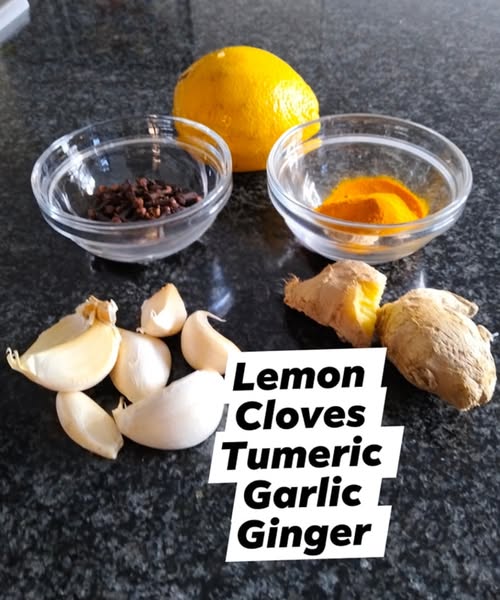Introduction

Did you know that one of the most valuable plants for health, wellness, and sustainability might be growing in your backyard right now? Most people overlook this green gem, dismissing it as just another weed or common foliage. However, this plant is packed with incredible benefits, ranging from medicinal uses to nutritional value and even home remedies. In this blog, we uncover the hidden potential of this plant, explore its uses, and answer frequently asked questions about its benefits. Read on to discover why this natural wonder deserves a place in your daily routine!
What is This Mysterious Plant? One of the most underrated plants that grow abundantly in many yards is Plantain (Plantago major). Often mistaken for an ordinary weed, plantain is a powerful medicinal plant with a long history of use in traditional and modern medicine. Rich in vitamins, minerals, and healing properties, this plant can help with a variety of ailments.
5 Reasons Why Plantain is a True Treasure
- Packed with Nutrients
Plantain leaves are a powerhouse of essential nutrients. They contain vitamins A, C, and K, calcium, and magnesium, making them an excellent addition to a balanced diet. - A Natural Wound Healer
Studies show that plantain has anti-inflammatory and antimicrobial properties, which help accelerate wound healing. Simply crushing the leaves and applying them to cuts, insect bites, or burns can provide relief and promote recovery. - Digestive Health Booster
The seeds of plantain are high in fiber and work similarly to psyllium husk, aiding digestion and promoting gut health. - A Powerful Detoxifier
Plantain leaves are known for their ability to cleanse the body of toxins, supporting liver health and overall detoxification. - Relieves Respiratory Issues
This plant has been used for centuries to soothe coughs, sore throats, and respiratory infections. Drinking plantain tea can help reduce inflammation in the airways.
Frequently Asked Questions About Plantain
1. Can You Eat Plantain Leaves?
Yes! The young leaves are tender and can be eaten raw in salads or blended into smoothies. Older leaves are best cooked to soften their fibrous texture.
2. Is Plantain Safe for Everyone?
Generally, plantain is safe for most people. However, those with allergies to certain plants in the Plantago family should exercise caution.
3. How Can You Identify Plantain?
Look for broad, oval-shaped leaves with parallel veins and a central flower stalk. It commonly grows in compacted soil, sidewalks, and lawns.
4. What Are Some Ways to Use Plantain in Daily Life?
- Brew into a medicinal tea for digestive and respiratory health.
- Make a poultice for skin irritations.
- Infuse in oil for a healing salve.
- Blend into soups and stews for added nutrition.
5. Where Can You Find Plantain?
Plantain grows almost everywhere—parks, backyards, roadsides, and even urban gardens. It’s one of the most resilient plants in the world.
Final Thoughts Nature often provides solutions to our everyday problems, yet we frequently overlook them. Plantain is one such example of a hidden treasure growing in our yards. Instead of dismissing it as a weed, consider integrating it into your health and wellness routine. Whether you’re using it for medicinal purposes, cooking, or skincare, this plant is truly a gift from nature.


